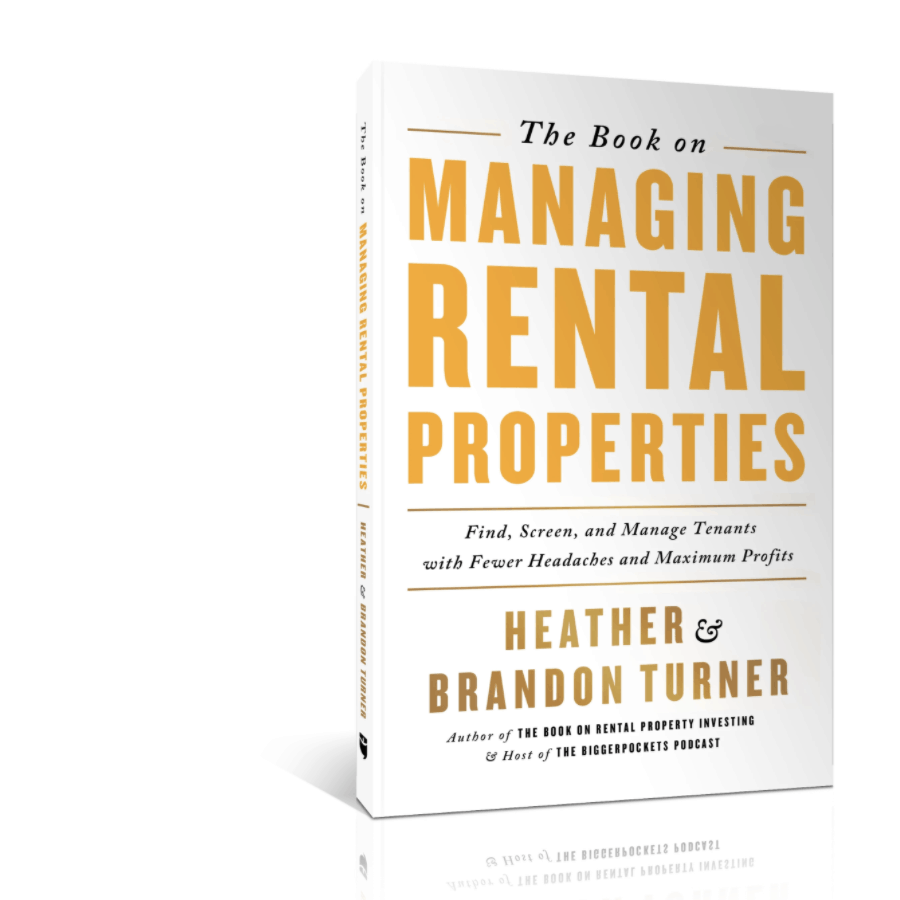Should You Invest in Real Estate During Retirement?
Looking forward to retirement?
The sun. Sleeping in. Playing golf. Catching up on your favorite TV series (and seven others). Visiting grandkids.
It sounds so idyllic.
So why would you ruin it by investing in real estate?
Many of you have come to BiggerPockets because you’ve heard about the joys of passive income generation. Some of you read Robert Kiyosaki. Or you may be an HGTV aficionado.
You see the merit in replacing your income. You see the dangers of relying on Social Security. And you want to really enjoy your retirement rather than pinch pennies through the sunset decades of your life.
Who told you investing in real estate was passive?
I’m here today to tell you the truth and potentially save some of you from years of frustration, pain, and loss.

Being a landlord can be fun—if you do it right
No matter how great you are at finding good rental property deals, you could lose everything if you don’t manage your properties correctly. Being a landlord doesn’t have to mean middle-of-the-night phone calls, costly evictions, or daily frustrations with ungrateful tenants.
My experience
I sort of tried to retire once. I was only about 34, and had no business thinking of that word. I had sold my company and moved to the mountains to raise our kids.
After two years of boredom and angst, my buddy and I tried our hand at flipping houses. It worked. Then we began building modular homes. Then stick-built. We flipped waterfront lots, did a small subdivision, and I even made the disastrous mistake of investing in mobile homes for rent (don’t try that one at home, but do consider mobile home parks).
I played a half-dozen other roles in the real estate realm before I found my groove. I can confidently state that most real estate activities are anything but passive.
This article was birthed out of my own experience, but also from over a hundred conversations with real estate investors who discovered this the hard way.
Like the oral surgeon who called me from the Pacific Northwest. He was telling me about his retirement plan, which was based on acquiring 20 rental homes to replace his income.
He sounded enthusiastic at first, but then he sounded depressed. He sighed and told me about negotiating with painters between surgeries and showing tenants property in the evenings. Then he admitted, “And I’m only on house number three!”
Tenant problems happen
Landlords have a funny way of one-upping each other at parties. “Yeah, that’s pretty bad. But wait till you hear what my tenant did!”
BiggerPockets contributor Kevin Perk had a great career as a city and regional planner near Memphis. He retired from that career to pursue real estate full-time in 2003. That’s when his problems started. You can learn about a handful of his trials and tribulations here.
Kevin will tell you about the renter who burned down his triplex with the cigarette he thought was out, or the lady who used her rental for target practice (it was only a pistol).
There are stories about the guy who bought a cool stereo with his rent money, the 24-hour obscenity-screaming tenants (with $20,000 in damages in eight months), and the trailer full of non-paying tenants permanently parked in the rental unit driveway.
Did you hear Brandon Turner’s nightmare toilet overflow story? He summarizes it here, but I’ve heard his much gorier version. It could cost you your lunch. It led him to outsource everything. And it seems to be part of his equation to eventually move away from residential toward the commercial real estate realm (mobile home parks).
Being a landlord is work
You might be able to pull off real estate investing with a crew of great tenants. But you can’t count on that if you’re counting on a serene retirement. And even with the best tenants, maintaining your units is still your job.
What will you do if you’re in the Bahamas and the police need you down at the station within the hour? It’s happened.
What do you do when you get the call informing you, “Your rental house is a crack house” from 2,000 miles away? That happened to my friend Brian Hamrick.
Or what about the call that informs you that your tenant of eight years moved out and subleased to a different tenant without your knowledge or permission? That happened to me. We hauled the $50,000 mobile home off to the dump a month later.
So what’s the solution?
I don’t have a one-size-fits-all solution. But I can assure you that you won’t have a hassle-free life if you want to directly oversee most real estate assets.
Many owner-investors have succeeded by hiring a great property management firm. This doesn’t guarantee a life of ease, but it sure can help.
Other investors put up the capital and partner with an active operator to do the heavy lifting. If you’re fortunate enough to be in this position, please go to great lengths to ensure you choose the right partner to protect your hard-won capital.
Some investors give up on real estate and throw their funds at Wall Street’s casinos. They lose many tax benefits and gain a life jerked up and down by wars in the Middle East, fickle investor sentiments, and CEO scandals. But they don’t have to deal with toilets, tenants, and trash. This would not be my choice, but to each their own.
Personally, I’ve decided to invest passively in commercial real estate syndications. I love the income streams, wealth-building, and tax advantages of real estate. But I’ve permanently sworn off the hassles and potential nightmares of active asset and property management.
I invest with professionals who are obsessed with choosing the right asset class, acquiring the right assets, and fine-tuning them to increase income and maximize value.
These professionals are active so I can be passive. It’s a beautiful thing!




 :215-447-7209
:215-447-7209 : deals(at)frankbuysphilly.com
: deals(at)frankbuysphilly.com
